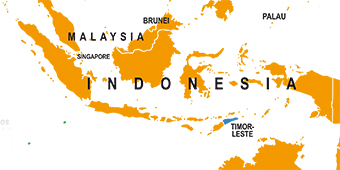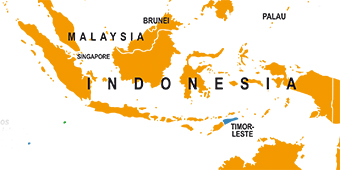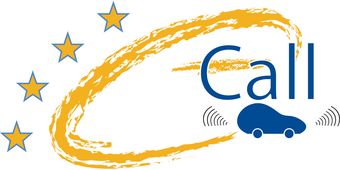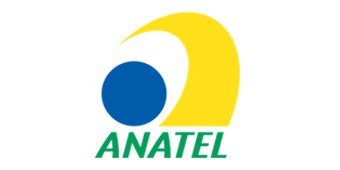ETSI EN 300 328 – products must comply with the V2.2.2 specifications
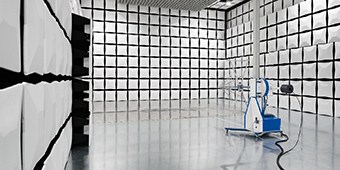
One of the most frequently used standards for approval tests for products with radio technologies is ETSI EN 300 328. The previous version V2.1.1 is now replaced by the new V2.2.2, which means various changes for manufacturers.
In our webinar “Introduction to ETSI EN 300 328 V2.2.2”, we have already reported in detail about the changes in the changeover to V2.2.2, but at this point we would like to point out once again the upcoming expiry of the transition period:
- The transition period for V2.1.1 ends on August 6, 2021.
- After this transition period, however, products placed on the market must meet the requirements of the new V2.2.2 version.
- This also applies to long-life products that have been tested according to V2.1.1 and are already on the market:
- Products that do not comply with V2.2.2 after August 6, 2021 cannot be marketed.
What is regulated in ETSI EN 300 328?
ETSI EN 300 328 regulates the specifications for broadband transmission systems operating in the license free 2.4 GHz band. The 2.4 GHz band is used for technologies such as Bluetooth, WiFi / WLAN (2.4 GHz), ZigBee and others. Both transmitters and receivers operating in the following allowed frequency bands are considered:
| Service frequency bands | |
|---|---|
| Transmit | 2 400 MHz to 2 483.5 MHz |
| Receive | 2 400 MHz to 2 483.5 MHz |
What effectively changes with the update from V2.1.1 to V2.2.2?
The change to V2.2.2 is accompanied by three fundamental changes:
- Limit change for the transmitter unwanted emissions in the spurious domain for the band 694 MHz – 862 MHz. It has been increased by 18 dB
- -54 dBm for 100 kHz bandwidth to -36 dBm for 100 kHz bandwidth.
- The definitions for the receiver categories 1 to 3 have been more clearly defined or supplemented.
- The requirements for receiver blocking measurements have also been adapted.
- The specification of the power for the blocking signal was tightened to -34 dBm, formerly -47 dBm or -53 dBm depending on blocking signal frequency.
What must manufacturers do now?
The ETSI EN 300 328 V2.2.2 has been published in the Official Journal, so V2.2.2 already replaced the previously valid V2.1.1. The transition period for V2.1.1 ends with August 6, 2021. Until then, all products tested according to V2.1.1 can still be marketed, but after this transitional period, products placed on the market must meet the requirements of the new version V2.2.2.
For new approvals of products that have to be tested according to ETSI EN 300 328, it is therefore necessary to perform the tests according to the requirements of V2.2.2. The same applies to long-life products that are not subject to an update before the end of the transition period. This is because: Products that do not comply with V2.2.2 after August 6, 2021 cannot be marketed.
Important: If you are using a pre-certified module that has already been tested according to the specifications of the new version of EN 300 328, there is no need for retesting with regard to the change from V2.2.1 to V2.2.2 on your side. Just make sure that your declaration of conformity reflects this. Should the module not yet be certified or no longer be updated, we are of course not available for the necessary tests.
CETECOM services
Testing and market approval for products with WiFi, Bluetooth & Co.
In our laboratories we offer a wide range of tests for products with radio technologies. Thus we are also equipped to carry out the tests according to the specifications for the new version 2.2.2 of ETSI EN 300 328.
In addition, our internal notified bodies ensure smooth approval for the European area (CE marking), which at the same time provides a good basis for various international type approvals.
Secure capacities now for the necessary tests in accordance with ETSI EN 300 328. Contact us: https://cetecomadvanced.com/en/contact/


